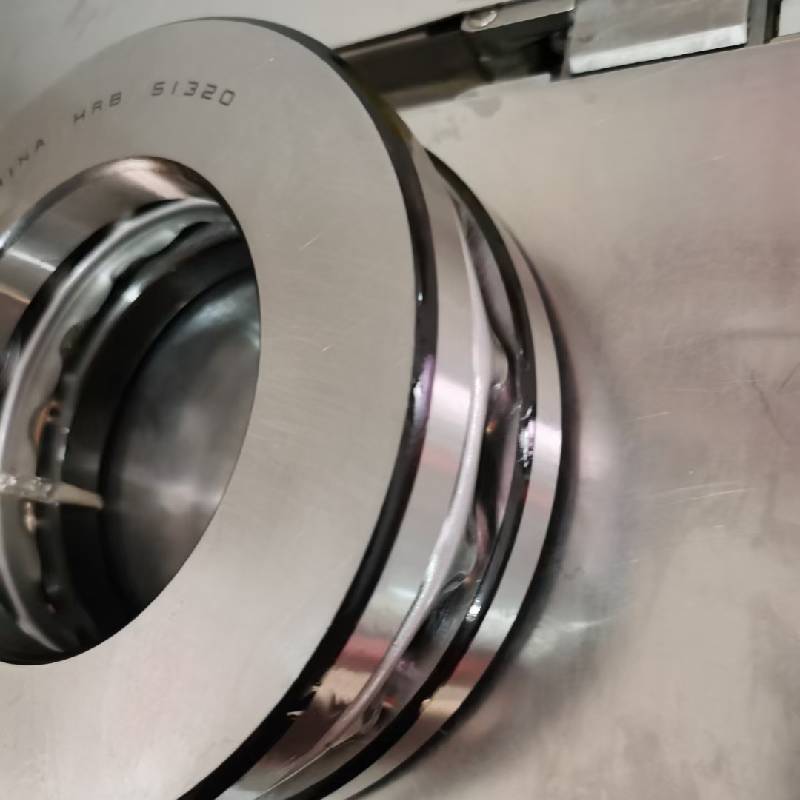
Aug . 15, 2024 13:13 Back to list
Price Comparison for 6301 2RS Bearings in Various Markets and Suppliers
Understanding the 6301 2RS Bearing Price A Comprehensive Overview
In today's industrial world, bearings play a crucial role in ensuring the smooth operation of various machinery. Among the multitude of bearing types available, the 6301 2RS bearing has gained significant popularity due to its versatility and cost-effectiveness. In this article, we will delve into the specifics of the 6301 2RS bearing, including its construction, applications, and factors influencing its pricing.
What is a 6301 2RS Bearing?
The 6301 2RS bearing is a deep groove ball bearing that features a double rubber seal (indicated by 2RS) on both sides. This sealing mechanism provides excellent protection against dust and moisture, making it suitable for applications in less-than-ideal environments. The designation 6301 refers to a specific size and load-carrying capacity, with an inner diameter of 12 mm, outer diameter of 37 mm, and a width of 12 mm.
These bearings are typically made of high-quality steel and can be filled with grease or oil for lubrication, enhancing their performance and lifespan. Their design allows them to accommodate radial loads, axial loads, and combined loads, making them ideal for a wide range of applications.
Common Applications
The 6301 2RS bearing is used in various fields, from automotive and aerospace to household appliances and industrial machinery. Common applications include electric motors, pumps, conveyors, and power tools. Its adaptability and reliability make it a preferred choice among engineers and manufacturers who require durable, low-maintenance components.
Factors Affecting Pricing
6301 2rs bearing price

1. Material Quality The price of a 6301 2RS bearing largely depends on the quality of the materials used in its construction. Bearings made from high-grade steel or advanced composite materials tend to be more expensive due to their enhanced durability and performance capabilities.
2. Manufacturer Reputation The brand of the bearing can also influence its price. Well-known manufacturers with a solid reputation for quality and reliability often charge a premium for their products. Conversely, lesser-known brands may offer lower prices but could compromise on quality.
3. Sealing and Lubrication Bearings with superior sealing and lubrication systems, such as those that resist extreme temperatures or heavy contaminants, will generally be more expensive. The 2RS designation provides additional protection, which can be a key selling point for many applications.
4. Quantity and Distribution Purchasing bearings in bulk can lead to significant cost savings. Distributors often offer discounts for larger orders or for long-term contracts, which can affect the final price per unit.
5. Market Trends and Demand Like any other commodity, the price of bearings is subject to market fluctuations. Supply chain disruptions, changes in raw material costs, and shifts in demand can all impact pricing. Keeping an eye on market trends can help buyers make more informed purchasing decisions.
Conclusion
In summary, the 6301 2RS bearing is a robust and versatile option suitable for a wide array of applications. While its price may vary based on several factors, including material quality, manufacturer reputation, and market dynamics, its utility and reliability make it a worthwhile investment for many industries. As technology continues to advance and the demand for high-performance bearings increases, the market for 6301 2RS bearings is expected to remain strong, making it essential for buyers to stay informed about pricing and product specifications. Engaging with reputable suppliers and understanding the factors influencing pricing can help businesses optimize their procurement processes and maintain their operational efficiency.
Latest news
-
Common Failures in Thrust Ball Bearings and Solutions
NewsAug.22,2025
-
How Tapered Roller Bearings Can Take Shock Loads
NewsAug.22,2025
-
Angular Bearings in High-Precision Spindles
NewsAug.22,2025
-
The Impact of Misalignment on Cylindrical Roller Bearing Performance
NewsAug.22,2025
-
The Role of Cage Design in Deep Groove Ball Bearing Durability
NewsAug.22,2025
-
The Impact of Material Quality on Machinery Bearings’ Lifespan
NewsAug.22,2025
